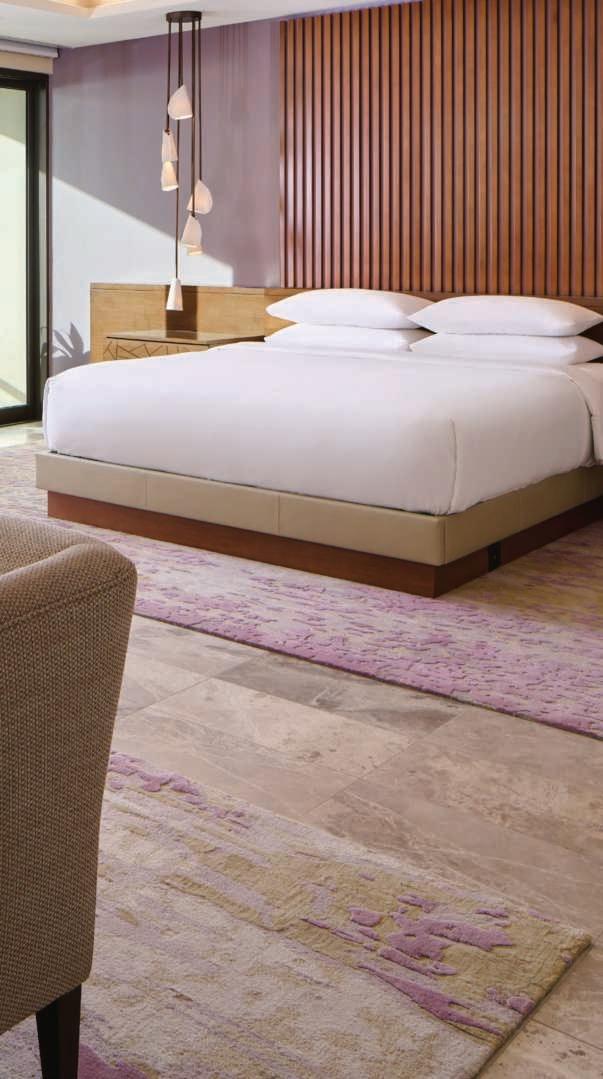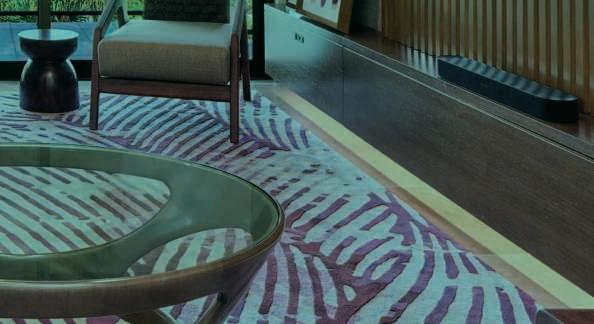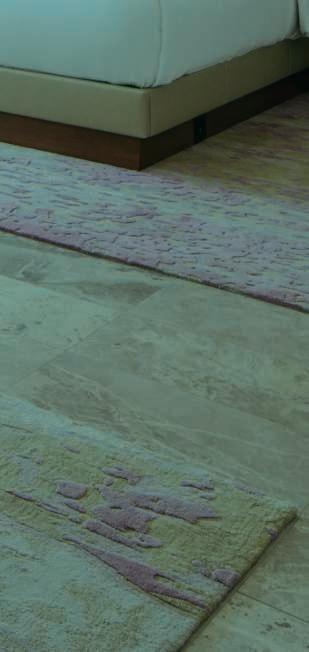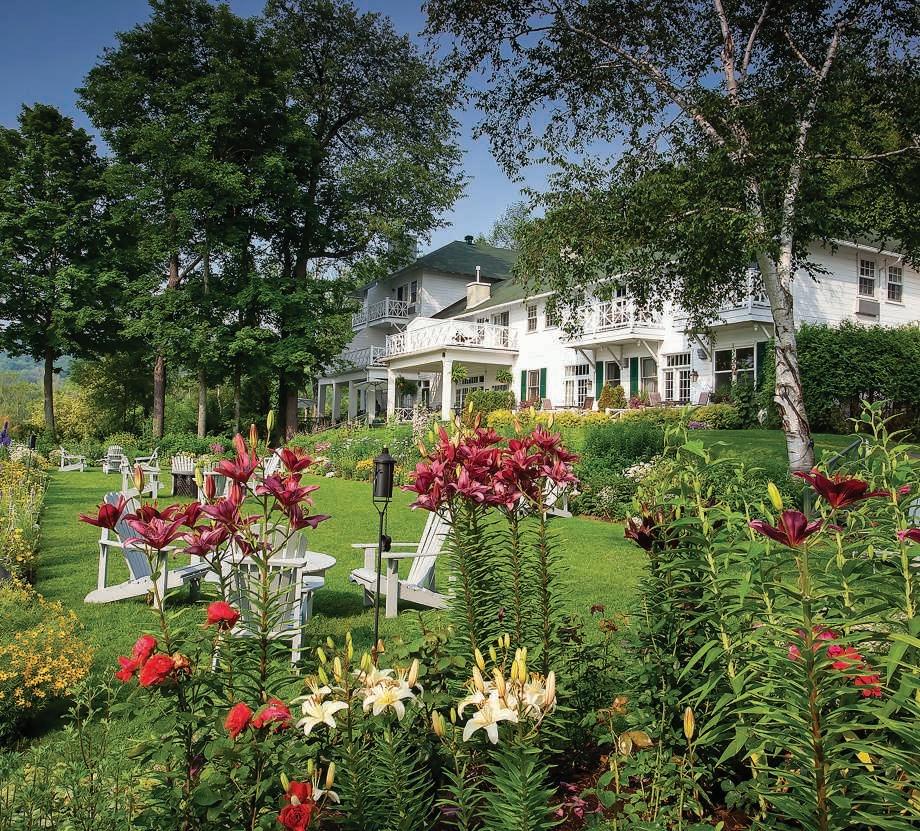
4 minute read
CONSCIOUS COMEBACK
converted those nectars into an expression of honey unique to each hive, Noel Patterson, Miraval’s resident apiarist, harvests the liquid gold that guests will savor in the months to come. “In winemaking, grapes are just a microphone through which a place speaks,” Patterson says. “And that’s how I look at our honey at Miraval. Honey is significantly sensitive to terroir.”
For hotels that pride themselves on being rooted in place, “sensitive to terroir” is the North Star. As guests seek more authentic experiences, properties have forged partnerships with local suppliers and community artisans; some have even found ways to outright produce the goods themselves. Beekeeping is a win-win, creating a meaningful experience for guests and a boost for the environment. Any addition is vital: Beehives have been in decline in the U.S. for nearly a century, dropping from 6 million in the 1940s to about 2.5 million today.
Honey is the physical representation of the hives’ value – a single colony of Miraval bees can produce 25 to 60 pounds of honey
Sweet scenes, from left: Mauna Kea Beach Hotel’s hives, Manoir Hovey in bloom, and an Ojai Valley Inn honey tasting.
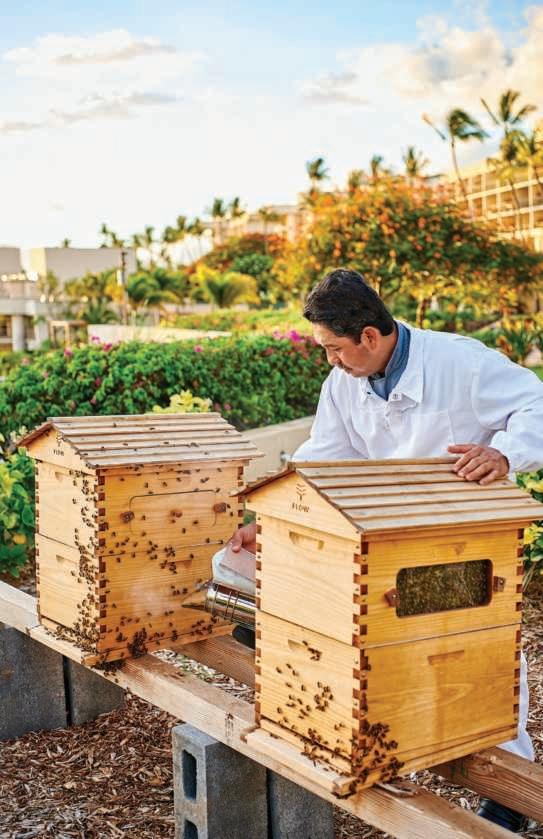
annually. It’s a sweet return on investment for the hotels, which use it in resort-branded beauty products (honey soap at the ShangriLa Toronto), layer it into custom cocktails (the Bees Knees at Hawaii Island’s Mauna Kea Beach Hotel), and paint it on foreheads during spa treatments (the Cara Vida facial at Miraval’s Life in Balance spa).
At Manoir Hovey, the Québécois jewel just over the Vermont border, two hives generate 90 percent of the honey supply for the hotel’s two restaurants, but apiarist and sommelier Jérôme Dubois points out a meaning that reaches beyond the sensible economics of beekeeping: “The important thing is to be connected with the planet,” he says. “If we can autonomously produce the product we use, we need to do it.”
Programs like Dubois’ and Patterson’s entertain and educate guests, help on-site farms and gardens thrive, and, perhaps most important, indirectly keep us alive: Pollinators are responsible for one in every three bites of food we take. “Without bees, we’d cease to exist,” Patterson says. Hotel hive programs illuminate this truth and offer a recalibration of our relation ship with bees – which, historically, hasn’t been very balanced. “Unlike the symbio sis between bees and plants, we do very little for bees,” says Patterson. “They get their own food and are more than capable of protecting themselves.”
In other words, we need bees more than they need us. Says Patterson, “Everything the bees give us is genuinely a gift.”
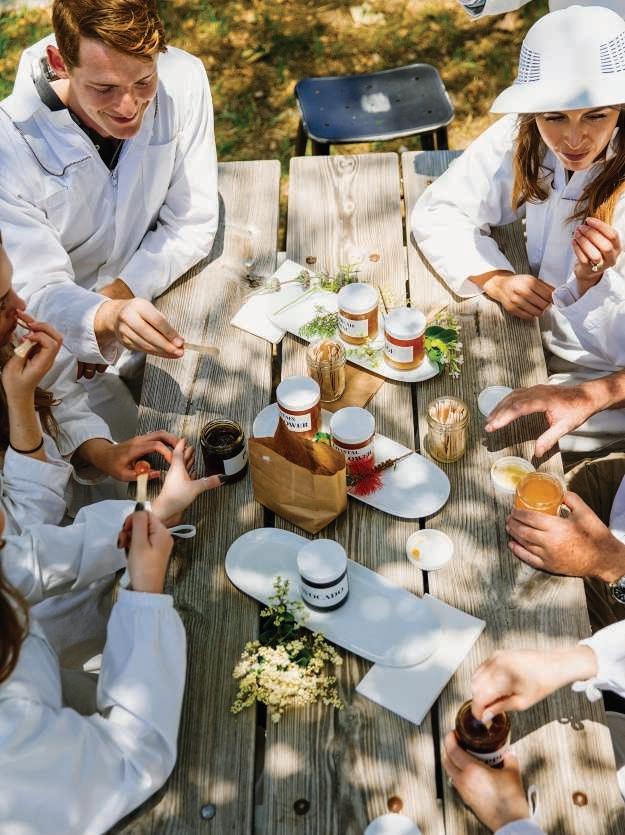
Honey, I’m Checking In
On the island of Hawaii, travelers can tour the gardens and Instagrammable flow-style beehives at the 252-room Mauna Kea Beach Hotel. During harvest season (late July to midSeptember), this includes an on-the-spot honey pull, and there are always jars available for a take-home taste of the nectar. Doubles from $1,100, including breakfast daily and a $100 hotel credit.
Set between enchanting woods and Lake Massa- wippi, Québec’s 36-room Manoir Hovey draws its food-and-wine focus from the surrounding ecosystem, including a colony of 70,000 bees. Guests can embark on guided hive visits. Doubles from $220, including breakfast daily and one threecourse lunch for two. In true California fashion, the 306-room Ojai Valley Inn’s beekeeping experience begins with a sage smudging over the apiary to calm the European honeybees. The finale is a tasting of honey from the ranch and several California producers. Doubles from $609, including breakfast daily and a $100 hotel credit.
The 146-room Miraval Arizona hosts 35 hives spread across its 400 desert acres near Tucson. Guests can don a bee suit for a hands-on experience with keeper Noel Patterson, learn from a distance via lectures and honey tastings, or absorb the power of honey during a spa facial. Doubles from $1,279, including breakfast daily and a $100 resort credit. A squad of resident bees pollinates 125 varieties of produce on the farm at Cape Cod’s Chatham Bars Inn. Guests can get an upclose look at the operation in a Beekeeping 101 experience or enjoy the honey at one of the 217-room property’s four restaurants. Doubles from $300, including breakfast daily and a $100 spa credit.
The 202-room Shangri-La Hotel, Toronto doesn’t have a beehive, but a B-Wall, a custom-built condominium for the skyscraper property’s 50,000 bees. Visitors find their honey in the hotel’s lip balm and soap, and in the B-Wall Honey Lager that’s available in the lobby bar. Doubles from $536, including breakfast daily and a $100 hotel credit.
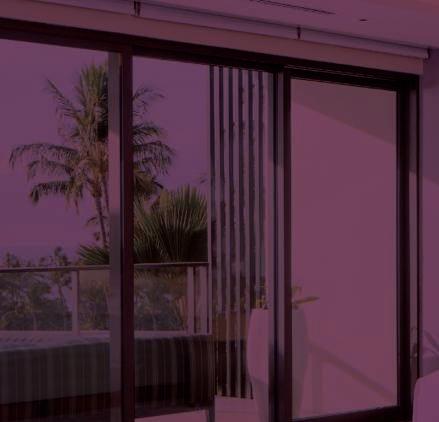

EXPERIENCE LUXURY LIKE NEVER BEFORE

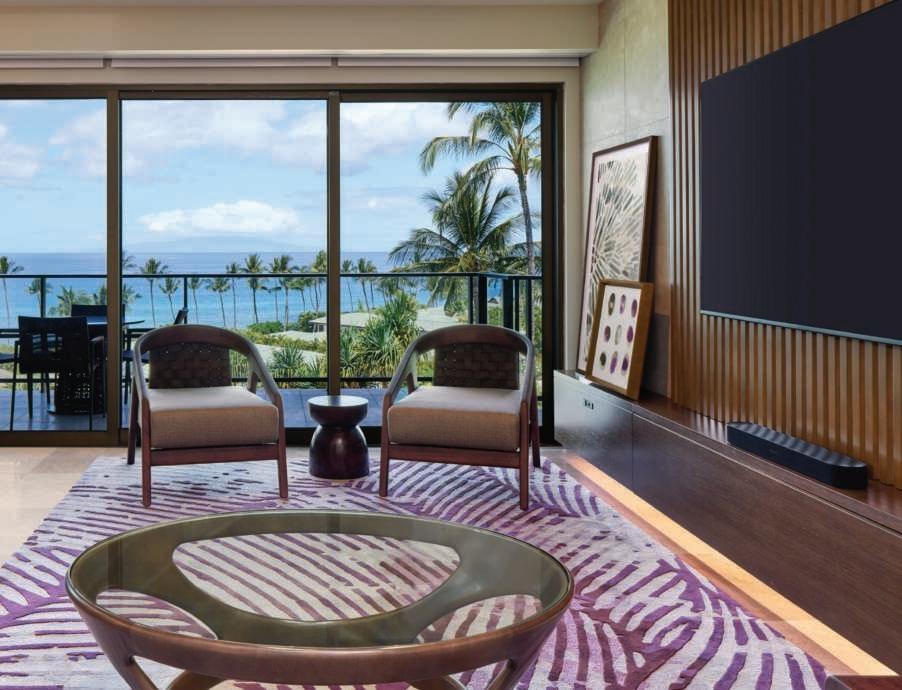

Wailea’s most intimate beachfront resort features 321 guestrooms and suites, including 31 luxurious two- to four-bedroom residential villas. Indulge in the new ‘Ilikai villas, which come in three-bedroom options with a wide variety of bedding configurations and expansive ocean views. For unparalleled access to Mokapu beach, our ocean-front villas are steps away from the ocean, so you can dive right into your Maui adventure.
Contact your Virtuoso travel advisor for exclusive amenities and our free night offer for your next destination vacation to Maui.
